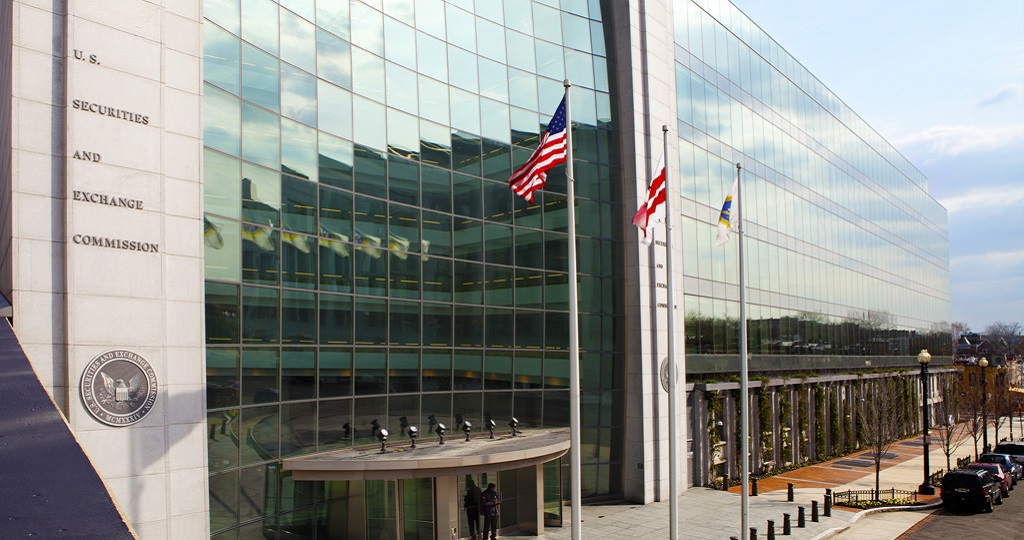It’s no surprise that Compliance and IT do not speak the same language. Compliance staff often speak in terms of…

CSS Videos

Coffee & Regs TV - What's Next for Compliance in 2022
Coffee & Regs TV - Investment Monitoring Rewind & 2022 Preview
PRIIPs Predictions in 2022
Coffee & Regs TV - What's Next for Cybersecurity in 2022
Coffee and Regs TV - Shareholding Disclosure Rules for Managed Holdings
Coffee & Regs TV - The Latest on the PRIIPs Delay
Coffee & Regs TV - Insights into SEC Examinations
Coffee & Regs TV - Digital Assets_ Trading & Compliance for Cryptocurrency
SEC Insights on ESG
Coffee & Regs TV – What's Next for the EU SFDR Level 2
Coffee & Regs TV - The PRIIPs RTS
Coffee & Regs TV - ESG FAQs Part 2
Coffee & Regs TV - ESG FAQs Part 1
ESG
Regulatory Templates
Regulatory Book of Record (RBOR)
Regulatory Reporting
Document Production & Distribution
Coffee & Regs TV - USA Position Limits - Too Many Options
Coffee & Regs TV - Coal, Steel, ESMA and You - An EU Law Primer
Coffee & Regs TV - The Future of Data Privacy Regulations
Coffee & Regs TV - The Mood of Compliance
Coffee & Regs TV - What's Next for Cybersecurity in 2022
Subscribe today and receive our latest industry updates and articles.
You may unsubscribe at anytime with our simple “unsubscribe” link at the bottom of each communication. Please see our privacy notices below for further information, including a list of affiliates covered by this consent.
Advanced planning for a regulatory exam remains a vital step in ensuring the compliance team is prepared when the exam…
We live in a world filled with dramatic change on a scale we’ve never seen before. The speed and magnitude…
Data breaches and cyber incidents made headlines again recently with the announcement that 50 million Facebook accounts were compromised as…
In 2017, the SEC’s Office of Compliance Inspections and Examinations (OCIE) reaffirmed that its examination priorities continue to include cybersecurity.
In an April 2003 speech by Lori Richards, the then-director of the Securities and Exchange Commission’s Office of Compliance Inspections and Examinations mentioned one area where she believed some less-than-meticulous care has been given: the supervision of service providers and in particular, sub-advisers.
When it comes to advertising, processes, procedures, and disclosure matter. Not everyone in a firm will understand the importance of…
Facebook just reported a massive data breach impacting over 50 million user accounts. And while most investment advisers are not…
When it comes to managing cybersecurity risk, investment advisers are in a tough position. As the frequency and variety of cybersecurity risks mount, IT budgets and staffing do not always follow suit. Compliance and IT professionals are often asked to do more with less, which can seem overwhelming given an ever-expanding list of regulatory and business requirements as well as increased scrutiny of firms’ cybersecurity controls by third parties.
If your firm isn’t already using an outside consultant, you may want to ask yourself “why not?” Oftentimes at hedge funds, compliance officers struggle to successfully fulfill the requirements of the job without an essential tool in their toolbox: the outside compliance consultant. Why? The primary reason is simple: resources.
As the investment management industry becomes more consumer-focused, individual investors are pressing advisers for more innovative products and a personalized client experience. Further, the growth of passive strategies has created fee pressure across the spectrum, leading to contracting margins.1 Outsourcing certain critical functions can be an effective tool for advisers looking to focus on more strategic goals.
At CSS, creating a strategic approach to regulatory obligations is in our DNA. It’s the very reason the company was…














